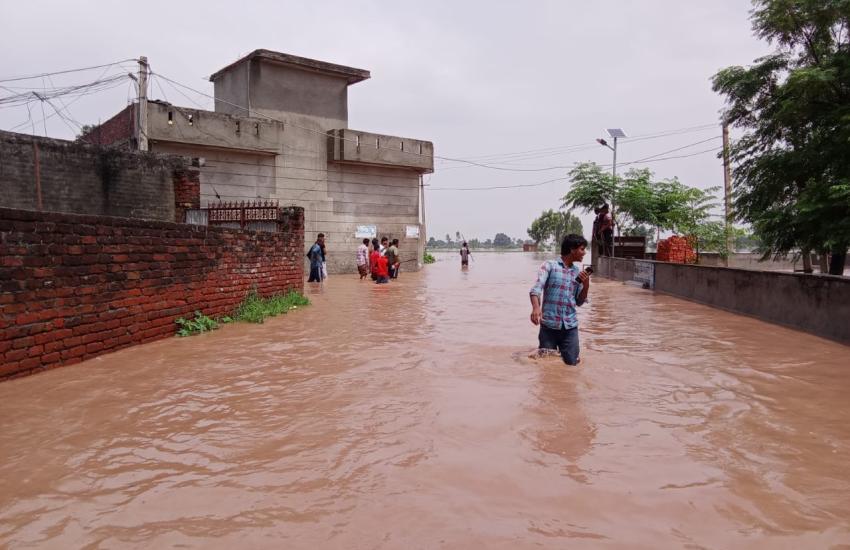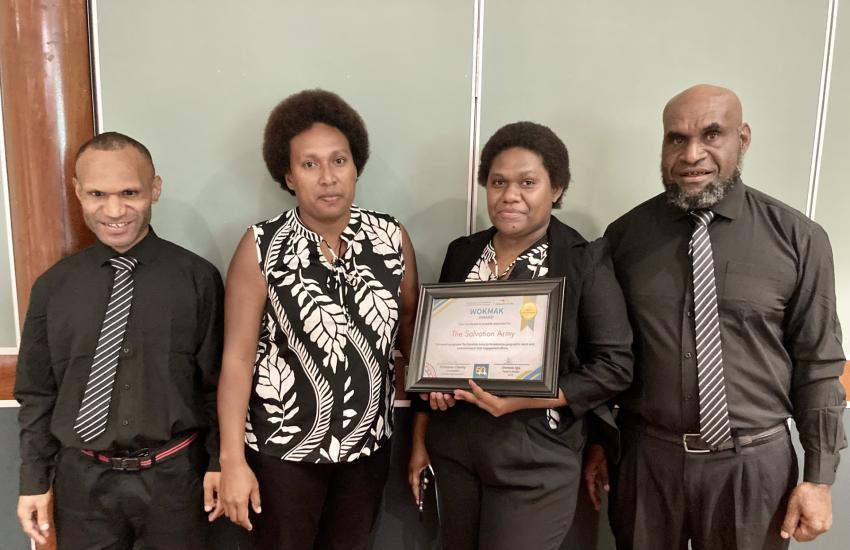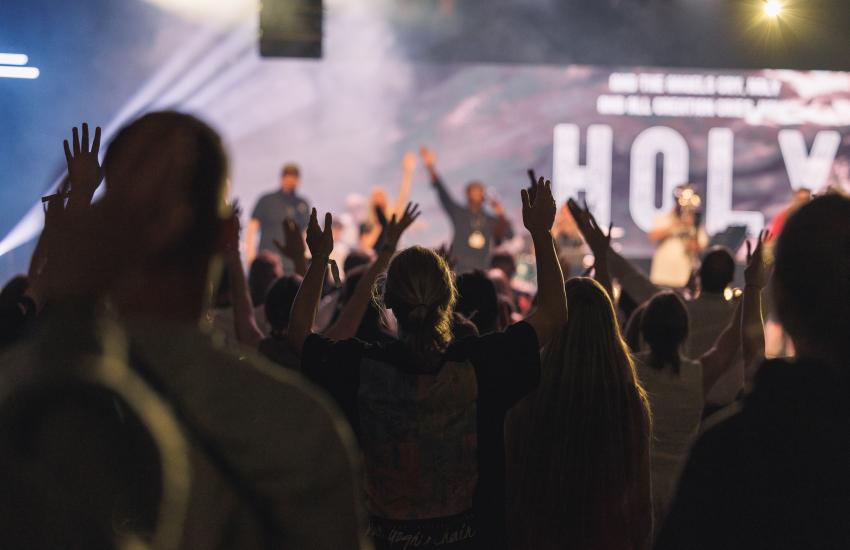WITH many delegates shaking off the effects of long travel and swiftly adapting to British Summer Time, the global gathering at the International Theology and Ethics Symposium commenced day two – the first full day together – in prayer. There proved to be a sequence and natural unfolding in the progression of the day.
Commissioner William Francis presented the day's first paper, focusing on 'Our Heritage of Holiness – Biblical Foundations'. 'Sanctification is an initial crisis followed by a never-ending process,' noted the commissioner in his treatise on Romans 6:18. 'You have been set free from sin and have become slaves to righteousness.'
Dr Jonathan Raymond followed with the paper 'Our Heritage of Holiness – Historical Heritage'. Tracing a Salvationist theological lineage that includes the incomparable John Wesley, Dr Raymond stated: 'Wesley's practical theology has promoted a theology of free salvation for all people and full salvation from all sin (holiness) that has had an immeasurable impact on the world.'
Courageously commencing the early afternoon hour, Lieut-Colonel Philip Cairns addressed 'Personal Holiness – Perspectives of the Holiness Experience', noting the influences of Christological holiness (living life in Christ) and pneumatological holiness (an emphasis on the sanctifying event) upon current Salvationist thinking. 'I believe that the future of the Army's holiness doctrine lies in a synthesis,' concluded Cairns.
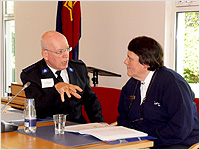 The final presentation was from the seasoned pen of Commissioner Robert Street: 'Personal Holiness – Holiness for a New Generation'. Here the plea was for nurturing relationships. 'Any teaching on holiness which has its emphasis away from relationship – centred on terms, labels and defined experiences – runs the danger of detracting from the main issue,' cautioned the commissioner.
The final presentation was from the seasoned pen of Commissioner Robert Street: 'Personal Holiness – Holiness for a New Generation'. Here the plea was for nurturing relationships. 'Any teaching on holiness which has its emphasis away from relationship – centred on terms, labels and defined experiences – runs the danger of detracting from the main issue,' cautioned the commissioner.
Commencing with a biblical basis, recognising a precious legacy, acknowledging the need for a personal experience and always seeking to relate to the present day in terms of mission – there was shrewd brilliance to the sequence of the day.
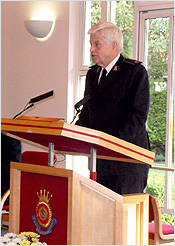 Each paper was immediately followed by a prepared response, forum discussion and debate. Throughout this series, the dialogue was courteous, intelligent, diplomatic and engaging. Here was scholarly debate at its finest.
Each paper was immediately followed by a prepared response, forum discussion and debate. Throughout this series, the dialogue was courteous, intelligent, diplomatic and engaging. Here was scholarly debate at its finest.
Following the opportunity for increased examination naturally provided by small group discussion a full day ended with corporate evening prayers in which delegates warmly affirmed the holy truth of the beloved song by Albert Orsborn:
My Life must be Christ's broken bread,
My love his outpoured wine,
A cup o'erfilled, a table spread
Beneath his name and sign,
That other souls, refreshed and fed,
May share his life through mine.
Yes indeed, today our cups were full and overflowing.
Report by Lieut-Colonel Richard Munn


